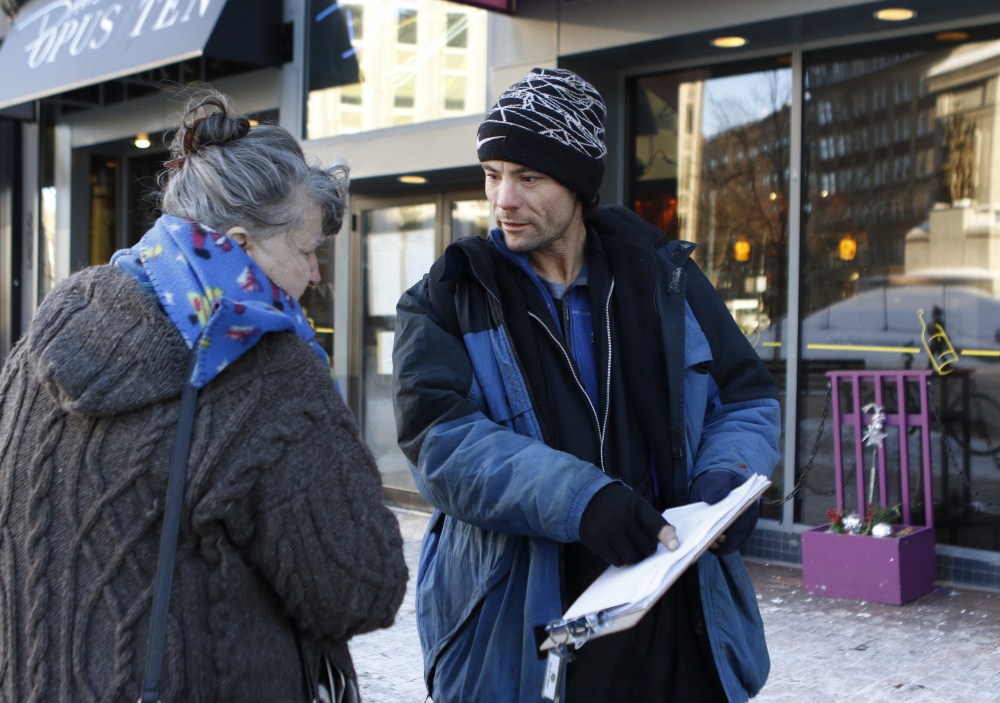Mainers are already stirred up about the York County casino referendum, even though nobody knows yet whether we’re going to vote on it this fall. The focus of the controversy? Not the proposal itself, but the process of getting it on the ballot — which was funded by the sister of Las Vegas developer Shawn Scott, the initiative’s sole beneficiary, and entailed tactics that were both grating and misleading.
It’s unfortunate that you can’t safeguard against abuses by corporate interests who take advantage of Maine’s relatively easy access to the ballot without infringing on the average person’s right to have a say in public policy. The backers of this referendum pushed the rules to their breaking point, making a mockery of the “citizen” initiative process.
The pro-casino Horseracing Jobs Fairness committee collected the 61,123 signatures in only 44 days by paying circulators an outrageous $7 to $10 per name. This kicked off an aggressive campaign, featuring talking points that often skirted the truth.
Circulators told reporters that the initiative was a way to support “education funding and veterans” or even to “uplift the spirits of the people of Bangor.” (Never mind that the new casino would be over 100 miles from that city.) A man with a petition even walked away when Bangor City Councilor Ben Sprague asked to read the text of the proposal, Sprague has said.
The controversy has given rise to calls to reform Maine’s referendum process. Secretary of State Matt Dunlap has suggested that one viable idea would be to penalize campaigns that miss the state’s deadline to disclose the names of petition circulators, as the casino campaign is accused of doing. But other likely fixes are non-starters, such as reinstating Maine’s ban on paid signature-gathering, struck down in 1999 by a federal judge who found that it violated the right to freedom of speech.
As the secretary of state points out, the actions of the casino petition circulators aren’t illegal. “At the end of the day, you’re the voter, you’re the one who has the option to sign it,” he told the Press Herald. “If you sign something and you can’t read it — they won’t let you read it — then it’s kind of on you.” In other words, it’s up to citizens to educate themselves on referendum proposals before deciding whether these are ideas worthy of a statewide vote. We depend on voters to scrutinize these bad ideas before they help put them on the ballot, and we all suffer when they don’t.
Mainers can benefit from being able to petition their government only if voters, the last line of defense, do their job and pay attention to what they’re signing.
Send questions/comments to the editors.



Success. Please wait for the page to reload. If the page does not reload within 5 seconds, please refresh the page.
Enter your email and password to access comments.
Hi, to comment on stories you must . This profile is in addition to your subscription and website login.
Already have a commenting profile? .
Invalid username/password.
Please check your email to confirm and complete your registration.
Only subscribers are eligible to post comments. Please subscribe or login first for digital access. Here’s why.
Use the form below to reset your password. When you've submitted your account email, we will send an email with a reset code.